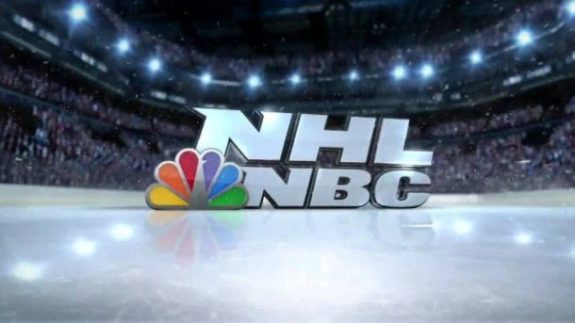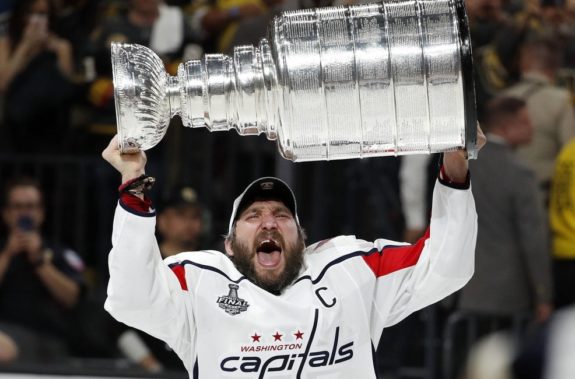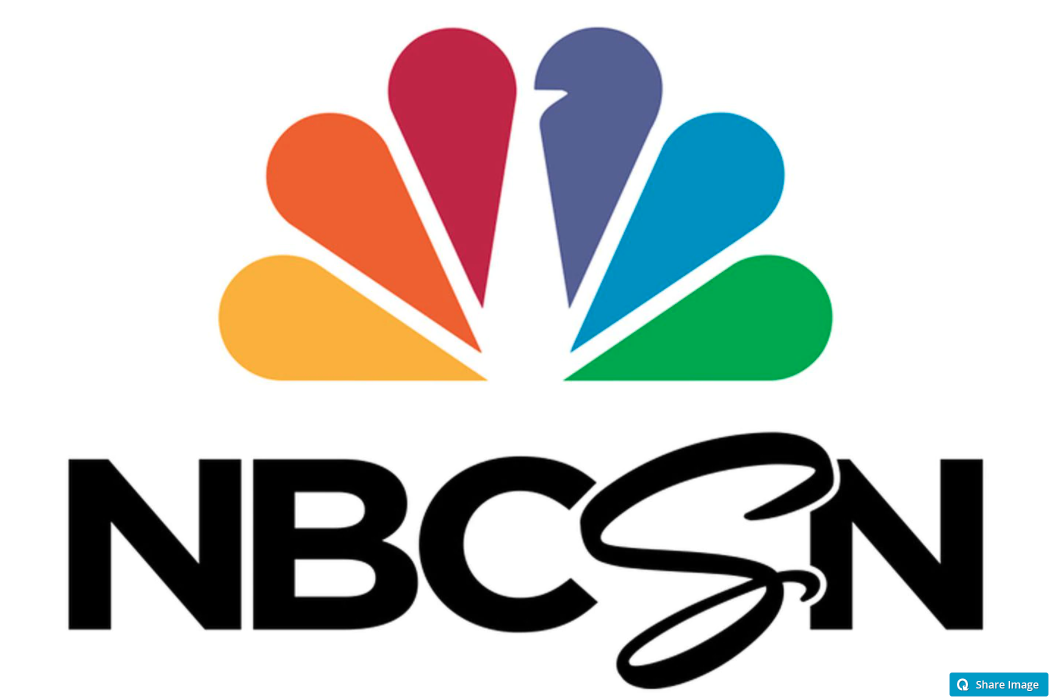The effects of the 2004 NHL lockout were both immediate and far-reaching. Ultimately, the lockout changed the NHL forever, implementing the hard cap that teams are still fighting with to this day while reducing hockey’s visibility in the United States with the lost season. However, while losing a full season for a sport with a relatively small yet dedicated fan base would immediately slow hockey’s growth in the U.S., the hardcore fans would always return to stadiums to watch games live.
Related: NHL’s 2004-05 Lockout Still Affecting League
One unexpected outcome of the lockout, though, was on T.V. After being without hockey for a year, ESPN decided to opt-out of their coverage of the sport, ending a decades-long relationship overnight. Suddenly, the sport was without a consistent home on television, which allowed NBC to pick up the rights to broadcasting the NHL for the 2005-06 season.
For the first few years of this partnership, coverage of hockey on NBC felt like a bit of an afterthought. Sure, they would nationally air a few major games each year, but you also had Stanley Cup Final games not being aired at all or showing up on the Outdoor Life Network (OLN)/ Versus, a channel that few people knew about and even fewer had access to on cable television.

This all changed, when the NHL and NBC reached a landmark 10-year, $2 billion contract starting for the 2011-12 season and lasting until 20-2021. At nearly $200 million a year, NBC bet big on the NHL, locking down the niche sport for their networks, in a bold move to give their newly branded NBCSN a hook.
The move was shrewd for both NBC and the NHL. For NBC, they got exclusive coverage to draw in the entire U.S. hockey fanbase for a decade, something that simply couldn’t be done with other North American sports like the NBA, NFL, or the MLB. For the NHL, they got a huge raise on their T.V. rights, which pumped more money into the league immediately, allowing for an increase to the salary cap while giving a home for the sport to easily market for years to come.
Now that the terms of this decade-long deal are coming to an end, let’s take a look back at how the sport grew and changed alongside NBC.
NHL Brought Big Names for NBC
The first three years of this deal were a true dream for both parties, as the Stanley Cup featured big-market star power. When it comes to raw market potential, matchups between the L.A. Kings and New Jersey Devils in 2012, Chicago Blackhawks and Boston Bruins in 2013 as well as the Kings and New York Rangers in 2014 would be considered some of the best-case scenarios for NBC. Those are massive, passionate fan bases that all got to advertise the sport on its biggest stage in the opening of this deal.
In fact, looking back over the last nine seasons, almost every Stanley Cup Final featured at least one big market team, incredible storylines, and a lot of marketing potential for NBC. From the Pittsburgh Penguins winning back-to-back cups in 2016-17 to the Vegas Golden Knights turning the sporting world on its’ head with their first-year miracle run, there was a reason to discuss hockey on its biggest stage, even if you were just a casual fan of the sport.
Alongside this hype saw steady viewership numbers for the Stanley Cup Final, oftentimes peaking between four million viewers to start a series with well past eight million viewers for nationally televised games on NBC later in on the series.

The problem, though, was the fact that the league’s viewership never really grew in this time frame. At the start of the deal, they averaged roughly four to five million viewers a game in the Final, and by the last normal championship in 2019, they averaged four to five million viewers.
Part of the cause of this viewership stagnation was that at least two games each Final were buried on NBCSN, significantly reducing the potential viewership of the biggest games of the NHL season. While this made sense for NBC, as it was a way to direct more traffic to their sports channel, it cut millions of viewers out across the country.
NBCSN Was Both a Blessing and a Curse
The reason why I focused on the Stanley Cup Finals for this discussion is due to it being a perfect example of NBC’s plan when they signed this deal and the problems that brought with it. This 10-year contract was all about securing exclusive content to draw viewership to NBCSN, which was a rebranding of the old Versus network and now the true home of hockey in the U.S.
Under NBC, the majority of nationally aired games were being shown on the fledgling network, with major marketing pushes going into event nights like ‘Wednesday Night Rivalry’ to try and establish itself as a sports destination. Sure, some major games were shown on NBC on the weekend after the football season ended along with pushes for spectacle events like the Stadium Series, but the whole point of this deal was to try and increase viewership for NBCSN.
At first, this was an amazing ploy for both parties, as having this partnership made hockey feel like a premium product in the U.S. This sort of coverage of the sport had been sorely missed in the prior years, and it helped to push hockey into more minds around the nation.

The problem with this strategy, however, was that it was locked in for too long. After the first few years, hockey coverage on NBCSN started getting stale. Less and less time was being spent on the sport as the network diversified their portfolio with bigger-name leagues like the NFL, Premier League, and even other niche products like Nascar.
Not only this, but the slow death of cable made a premium sports channel less and less viable. Back in 2011-12, live streaming was in its’ infancy, Netflix was still sending DVDs through the mail and YouTube was just starting to become a powerhouse in the world of video content. By the year 2021, the way that people viewed content had significantly changed, and with it sports needed to change as well.
The NHL on NBC Was a Success for the League
As this decade-long deal expires, it leaves two organizations seemingly at a crossroads. For the NHL, things are looking up, as they have signed new T.V. deals with ESPN and Turner media that equal more than $600 million a season when combined. This is a large increase in revenue at a time when the league is hurting due to their inability to fill stadiums over the last year.
Not only that, but these deals will give the NHL a bigger foothold into the streaming markets, as they will be featured on the likes of ESPN+ and HBO Max along with bringing in new personalities to cover the sport. This could add an injection of excitement, especially when you look at how Turner’s and ESPN’s coverage of the NBA has become a major part of the discussion around that sport in recent years.
Related: Every Stanley Cup Winner Since 1960
For NBC, they are officially out of the hockey game for now, and with the imminent closure of NBCSN, are likely rethinking their coverage of sports in general. For them, this deal was far from a failure, but it wasn’t enough of a success to build their network around for the long-term, especially in the competitive sports market.
The good news for the NHL, though, is that the future is bright for U.S. coverage. The league now has two new partners who will be looking to champion the sport and bring it to new audiences around the world. If they are successful, this could be the next turning point for the league as they continue to push their way into the hearts and minds of fans all over the country.